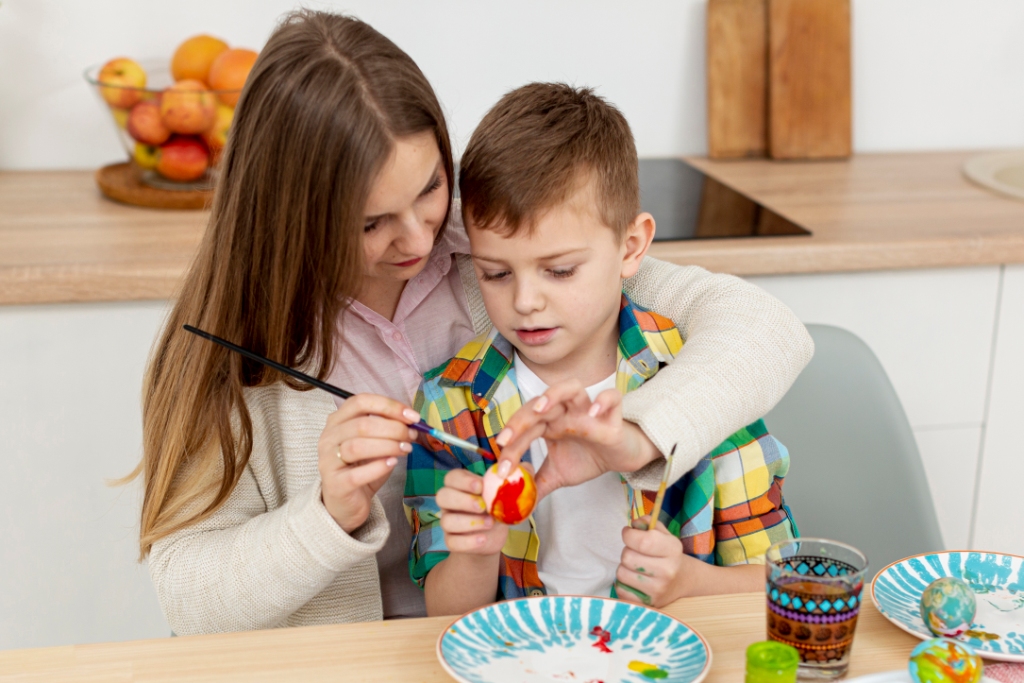Receiving an autism diagnosis can be overwhelming for parents and caregivers, but it’s important not to panic. Autism is a spectrum disorder, and children with autism can lead fulfilling lives with proper Autism is not caused by faulty parenting hence blaming yourself or looking for someone to blame won’t be productive. Focus on supporting your child’s needs.
Denying the diagnosis or hoping the child will “grow out of it” can delay important interventions that can greatly benefit the child’s development.
Do not set unrealistic expectations for your child. Understand that progress may be gradual and unique to your child’s abilities. It’s important to encourage social interactions and therefore do not isolate the child. While it’s important to respect their sensory sensitivities and boundaries, avoiding social situations entirely can hinder their development.
Many children with autism have an intense interest in specific topics. Instead of trying to suppress these interests, find ways to incorporate them into learning and skill-building activities. Every child with autism is unique. Avoid making assumptions about their capabilities based solely on their diagnosis. They might surprise you with their strengths and talents.
Children with autism can be non-verbal however Nonverbal children with autism can still communicate through various means like gestures, pictures, or technology. Don’t assume a lack of communication means a lack of understanding. It is teaching rather than communication that is more important than merely teaching them Speech.
Take care of yourself: Caring for a child with autism can be demanding. Ignoring self-care can result in experiencing burnout. Make sure you’re taking care of your physical and emotional well-being.
Avoid Comparing your child to other children. Comparing your child’s progress to other children, whether neurotypical or with autism, can be disheartening. Focus on your child’s growth journey. Remember that autism is just one aspect of the child’s identity. They have other talents, interests, and personality traits that make them unique. Autism does not not define them. Use respectful and positive language when discussing autism. Avoid using derogatory or stigmatizing terms. One must avoid using negative remarks or language for our children with autism.
Include the child in family activities and outings whenever possible. While certain environments might be challenging, exposure and support can help them adapt and enjoy new experiences.
Remember, each child with autism is an individual, and what works for one child might not work for another. Seek guidance from professionals, engage in open communication, and prioritize your child’s well-being and development.
Shared by : Dr. Himani Narula
Director & Co-founder of Continua Kids





